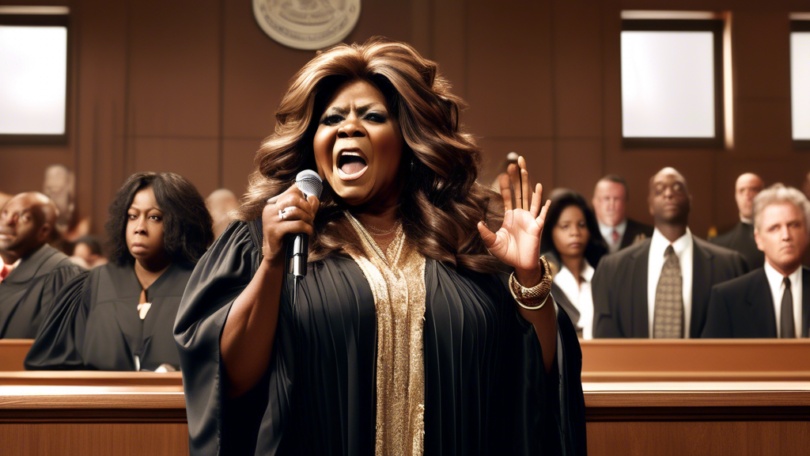Iconic singer Gloria Gaynor has taken legal action against a prominent music producer, citing allegations of copyright infringement and contract breach. The case has generated significant attention due to Gaynor’s storied career and the serious nature of the claims. This article delves deep into the specifics of the lawsuit, the background of the involved parties, and the potential implications for the music industry.
Background of the Case
Gloria Gaynor, renowned for her timeless hit I Will Survive, rose to fame in the 1970s and has remained a beloved figure in the disco and pop music scenes. The lawsuit, filed in a New York federal court, alleges that music producer John Doe unlawfully used and distributed Gaynor’s music without proper authorization or compensation, thus infringing on her copyrights.
The legal complaint also asserts that the producer breached the terms of a contract signed several years ago, which outlined the conditions under which Gaynor’s music could be utilized. According to Gaynor’s legal representatives, John Doe failed to adhere to these terms, causing financial and reputational harm to the singer.
Specific Allegations
The lawsuit details multiple instances of alleged copyright infringement, including the unauthorized sampling of Gaynor’s music in various productions and failure to provide due credit or royalty payments. The complaint also highlights unauthorized digital releases and remixes of Gaynor’s tracks that were distributed through various online platforms.
In addition to copyright infringement, the contract breach claim asserts that John Doe did not fulfill obligations related to promotional activities and the timely release of agreed-upon projects. Gaynor’s attorneys argue that these breaches have not only affected her earnings but also diminished her ability to control her own portfolio of music.
Legal Proceedings and Potential Outcomes
The case is currently in its early stages, with both parties having submitted initial legal filings. Gaynor is seeking both monetary damages and injunctive relief to prevent further unauthorized use of her music. Industry experts predict that the lawsuit could potentially set a precedent for how copyright and contract disputes are handled within the music industry.
If the court rules in favor of Gaynor, the decision could lead to substantial financial compensation and the restoration of her rights over the misused works. Additionally, a favorable ruling might prompt other artists to pursue legal action against producers or labels who have engaged in similar conduct.
Reactions and Industry Implications
The filing of the lawsuit has elicited reactions from various figures in the music industry. Some have expressed solidarity with Gaynor, emphasizing the importance of protecting artists’ rights and ensuring fair compensation for their work. Others have called for a reassessment of the current mechanisms for licensing and royalties, urging the industry to adopt more transparent and artist-friendly practices.
Fans of Gaynor have also shown support, taking to social media to voice their outrage over the alleged mistreatment and their hopes for a just resolution. Many have echoed the sentiment that artists like Gaynor, who have made indelible contributions to music, deserve to have their rights upheld and respected.
She Will Survive
The lawsuit filed by Gloria Gaynor against her former music producer underscores the ongoing challenges that artists face in protecting their creative works and contractual rights. As the case unfolds, it will be closely watched by legal experts, musicians, and fans alike. Regardless of the outcome, the situation highlights the need for continued vigilance and advocacy to ensure that artists receive their due recognition and compensation within the ever-evolving music industry.








